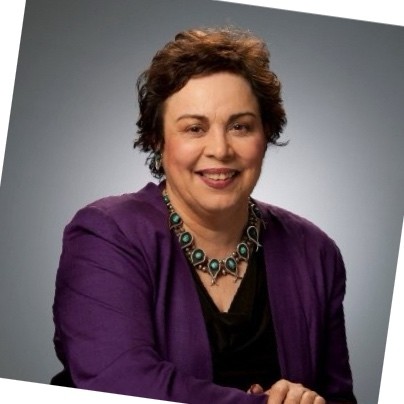Higher education enrollment trends Declining admissions and financial challenges in universities. Many universities are seeing a sharp decline in student enrollment. Rising tuition costs, changing career preferences, and the availability of alternative education paths are leading students to reconsider traditional degrees.
Tuition Costs Are Pushing Students Away
The financial burden of higher education is making students seek cost-effective options. Online courses, vocational training, and industry certifications are proving to be more affordable and practical alternatives to a four-year degree.

Employer Preferences Are Shifting
Companies are placing more value on experience and specialized skills rather than just a diploma. This change is making students question whether investing in a degree is still the best route to career success.
Community Colleges and Trade Schools Are Gaining Popularity
More students are turning to community colleges and trade schools for focused, hands-on training. These institutions offer faster pathways to well-paying jobs without the heavy financial commitment of traditional universities.
Online Learning Is Redefining Education
The flexibility of online degree programs is attracting students who prefer self-paced learning. Many universities are struggling to compete with digital platforms that provide quality education at a fraction of the cost.
Smaller Colleges Are Closing or Merging
With fewer students enrolling, many smaller colleges are shutting down or merging with larger institutions. The financial strain of maintaining campuses and faculty with lower tuition revenue is forcing schools to rethink their business models.
International Student Numbers Are Declining
Many universities relied on international students for revenue. With visa restrictions, economic uncertainties, and better opportunities abroad, fewer students are choosing to study in the U.S., creating financial gaps for institutions.

The Traditional College Model Must Adapt
To survive, universities need to offer more flexible programs, lower costs, and focus on real-world skills. Schools that fail to adjust risk losing relevance in an education system that is rapidly changing.

I have 20 years of experience in higher education leadership. I held prominent academic positions at various institutions, concentrating on key areas such as student learning, faculty development, curriculum design, and institutional accreditation. As the Team Chair for eleven accreditation evaluations with the Middle States Commission on Higher Education, I have successfully directed thorough assessments that uphold academic standards and regulatory requirements. Furthermore, I have provided consulting services to major international institutions, offering guidance on accreditation processes, strategic planning, and governance frameworks. Her extensive knowledge in assessment, budget management, and collective bargaining and her commitment to academic excellence and institutional effectiveness make her a passionate champion for shared governance in higher education.
